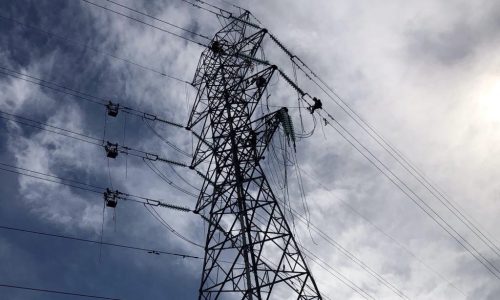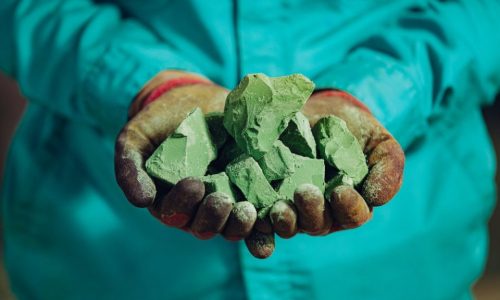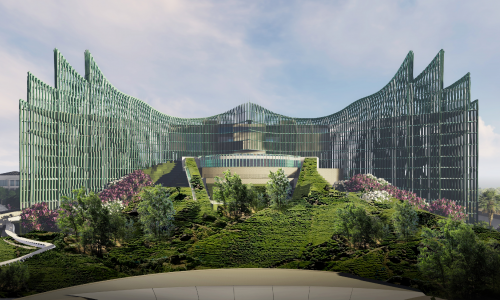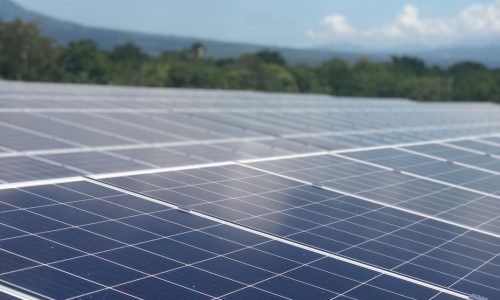Nunukan regency in North Kalimantan has been developing a seaweed processing industry, which began in 2019 with an investment worth IDR 19.54 billion, according to the Investment Coordinating Board (BKPM).
North Kalimantan is located in the Borneo Island and is bordering to Malaysia’s Sabah state. The provincial capital is Tanjung Selor. Currently, the province has 2 investment opportunities, with no industrial center, 13 airports, 3 ports, 3 educational facilities, 58 hotels and 6 hospitals.
The BKPM is a government institution that deals with investment opportunities and projects in Indonesia based on available regulations. The board was established in 1973. Investment Minister Bahlil Lahadalia currently chairs the board since 2021. The board’s responsibility lies in implementing policy and coordination for investing.
Seaweed potential for investors
Nunukan has been a center of seaweed production for some time and producing the best seaweeds in Indonesia. The seaweed products from Nunukan have been exported to South Korea.
“Nunukan seaweed comes from cultivation, there is also from trawling. Both have their own characteristics,” said Head of Nunukan Trade Office, Dian Kusumanto.
Besides being exported, Nunukan seaweeds are available in domestic markets such as Jakarta, Surabaya, Makassar and Parepare, both in South Sulawesi.
Sales volume in 2021 reached an average of 3,000 tons/month, which was an increase from the previous years of 2019 and 2020 of 2,100 tons/month. While its price surged from IDR 11,000/kilogram (kg) in 2021 to IDR 14,000/kg in several months that year.
“The price of IDR 10,000/kg is too low for farmers. Thankfully, we can increase the price now,” Kusumanto said.
Risks of investing in seaweed
Investment in seaweed has several weaknesses. The risks include the ice-ice disease and the weather.
The ice-ice disease is caused by the change of salinity, the ocean temperature and the light intensity. When the ocean water temperature is too hot, the disease can spread easily.
“In such conditions, the salt content is usually too high, the presence of weeds is also abundant, such as moss and ice-ice bacteria,” Kusumanto said.
Heavy rains in the regency could cause extreme cold weather condition. The rainfall occurs at the estuary where the river water exits from the mainland. Whereas, the position of seaweed cultivation is at the end of the estuary such as the Sembakung River and Sebukum River.
“In this condition, there is usually a lot of seaweed that is not good, because there are a lot of oysters,” explained Kusumanto.
Meanwhile, the quality of seaweed that is far from the estuary has somewhat better quality because there are almost no oysters. Kusumanto said the seaweed quality in areas such as the west and north side of Nunukan were not very good, while the quality in the east and south such as Mamolok and Sebatik relatively good.
“This is what makes seaweed from Nunukan still survive and stable until now,” he added.









